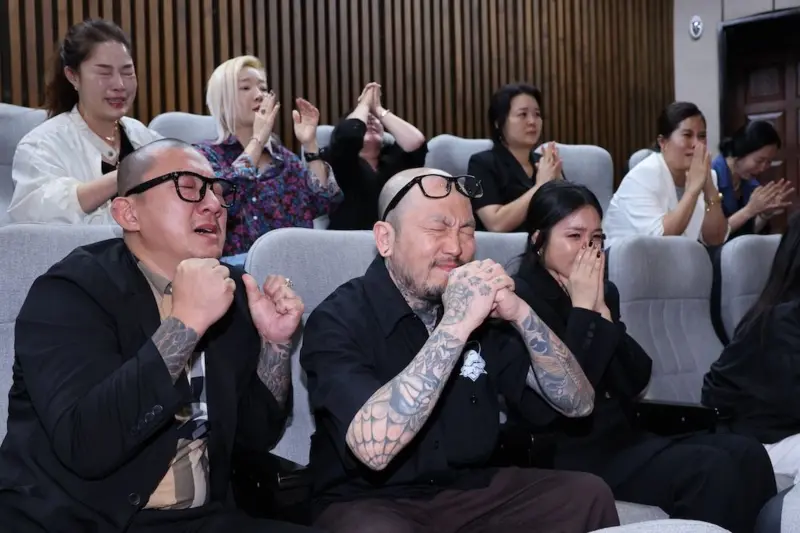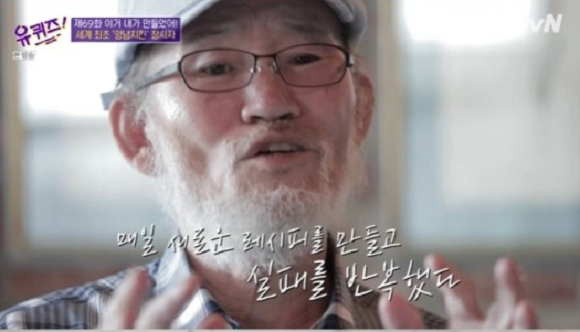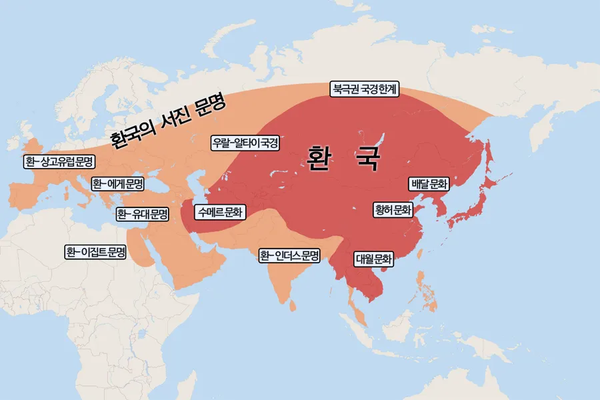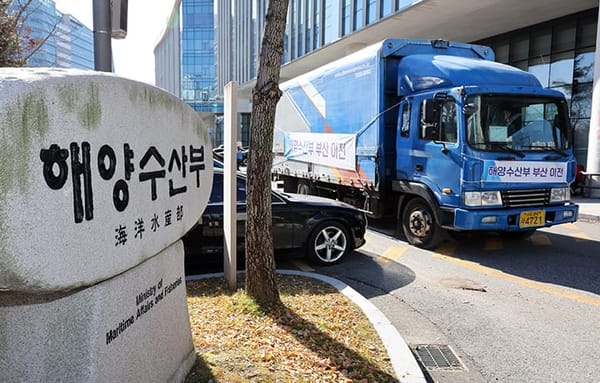Photo: Tattoo artists celebrate legalization. Credit: News1.
On September 25, the National Assembly 국회 passed the Tattooist Act 문신사법, permitting non-medical professionals to ink tattoos for the first time in 33 years. A 1992 Supreme Court 대법원 ruling that categorized tattoos as a medical procedure had meant that only medical doctors were legally permitted to perform tattoos - making virtually all tattoos illegal in South Korea.
Tattoos in South Korea have historically had negative associations with membership in gangs and organized crime. It is a misdemeanor to publicly display tattoos in a threatening manner. Most television shows require tattooed celebrities to cover up their ink, and many gyms and spas refuse to admit tattooed persons. In the early days of Korean spas in the United States, Korean American comedienne Margaret Cho complained that she was denied admission at a spa in Los Angeles Koreatown because of her extensive ink.
But as with everything else in South Korea, perceptions of tattoos have changed rapidly. An estimated 13m Koreans have gotten tattoos, most of which are cosmetic tattoos for eyebrows, lips or hairlines. There are approximately 350k tattooists in South Korea, all of them technically in business illegally. Even courts began to reconsider the law, with the Busan District Court 부산지방법원 ruling in 2023 that tattoos in the form of permanent makeup should not be considered a medical procedure.
The new law, which will come into effect in 2027, will establish a new licensing procedure for tattooists that does not require a medical degree. (Tattoo removal remains classified as a medical procedure.) Democratic legislator Park Ju-min 박주민, who proposed the bill in 2020, said it took him over two years just to find nine co-sponsors, and said the bill would “open a path for a new cultural industry” that could complement the global popularity of K-pop and Korean dramas.








